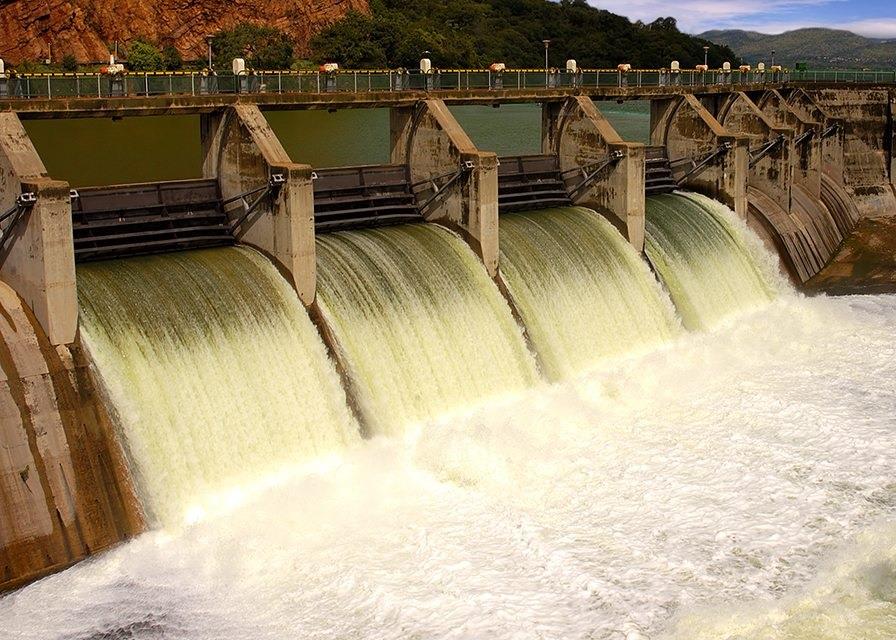
'Our priorities are to have 6,000 MW of generation capacity in place in the summer, a fairer allocation of electricity across the country and network stability and expansion,' McGuckin said.
Although the capacity ramp-up will fall short of country-wide demand, it should ensure 16-17 hours of electricity a day. McKuckin said that the existing generation capacity plateau of 4,400 MW - equivalent to pre-war levels - was achieved under an immediate reconstruction programme, which has ensured that 80 per cent of Iraq, or 15 out of 18 governorates, have more than 12 hours of electricity a day at present.
Under a second-phase programme now under way, further maintenance and rehabilitation is being carried out, single-cycle combustion turbines are being put in place and system modelling and masterplanning for the electricity sector is under way.
In addition, new transmission lines are under construction and electricity is being imported from neighbouring countries, including 200 MW from Turkey and 50 MW from Syria. Iraq has also signed memoranda of understanding (MoUs) with Iran, Jordan and Kuwait. McGuckin told MEED on the sidelines of the conference that up to 500 MW is planned to be imported from Egypt via Jordan at a later stage, although Iraqi transmission lines have still to be connected to Jordan.
A third-phase programme, covering 2005-13, aims to increase installed capacity, which stands at just below 10,000 MW, by adding new power plants and expanding transmission and distribution systems. The programme would have to go hand in hand with progress on other fronts, McGuckin said, notably the upgrade of refining capacity and pipeline systems to provide and distribute crude and residual fuel for power stations. As part of a longer-term strategy to reduce the share of crude feedstock for power plants in favour of gas, the country's gas system will also need to be upgraded and expanded.
McGuckin said that the CPA's electricity advisory team and the Electricity Ministry are also carrying out studies 'to determine the real price of electricity in Iraq' before drawing up a tariff system.
You might also like...

Ajban financial close expected by third quarter
23 April 2024

TotalEnergies awards Marsa LNG contracts
23 April 2024

Neom tenders Oxagon health centre contract
23 April 2024

Neom hydro project moves to prequalification
23 April 2024
A MEED Subscription...
Subscribe or upgrade your current MEED.com package to support your strategic planning with the MENA region’s best source of business information. Proceed to our online shop below to find out more about the features in each package.




